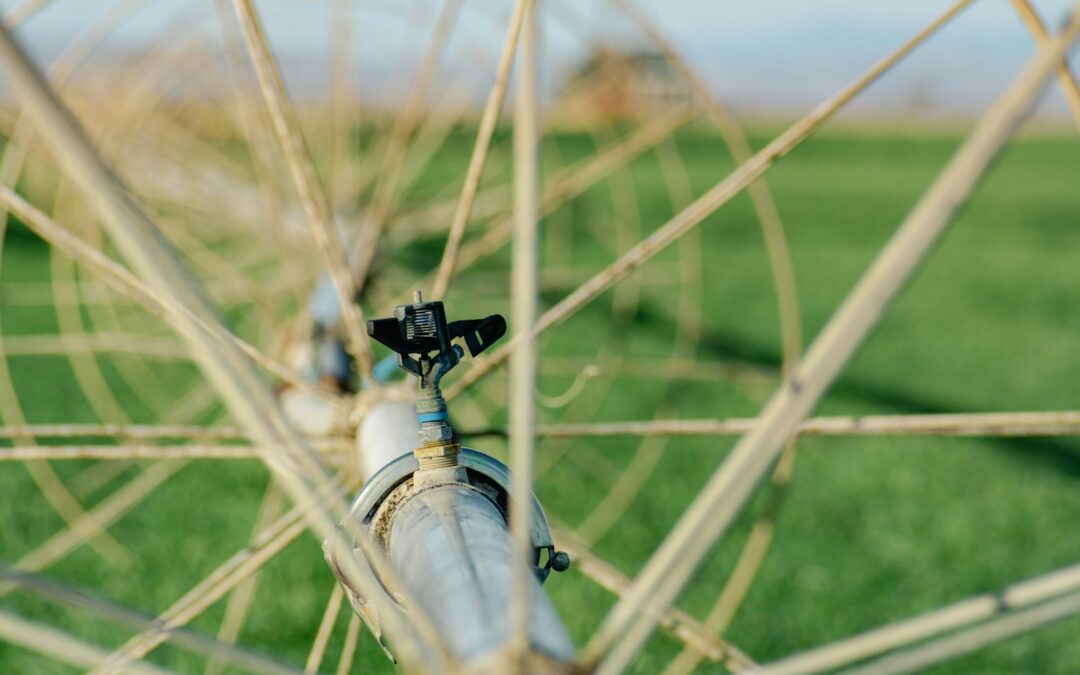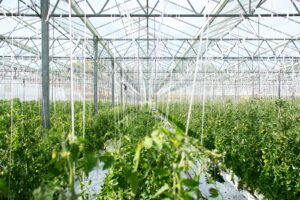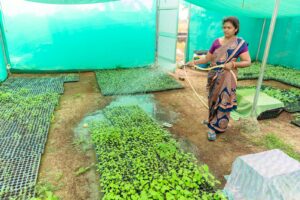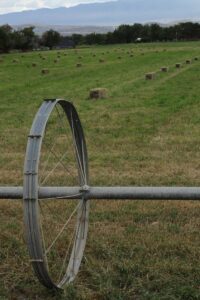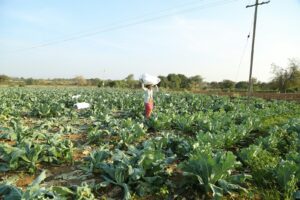Revolutionizing Water Management with IoT-Enabled Automated Irrigation Systems
Enhancing Precision in Water Usage through IoT Technology
IoT-enabled automated irrigation systems have emerged as a transformative solution for water management in agriculture, particularly in regions such as Saudi Arabia and the UAE, where water resources are scarce. The integration of advanced analytics with IoT technology allows for precise control over water distribution, ensuring that crops receive the exact amount of water needed at the right time. These systems leverage real-time data from soil moisture sensors, weather forecasts, and crop requirements to optimize irrigation schedules, thereby minimizing water wastage and maximizing crop yield. By using machine learning algorithms, these systems can learn from past irrigation patterns and continuously improve their efficiency, leading to more sustainable farming practices.
Integrating Machine Learning for Predictive Water Management
The combination of IoT-enabled automated irrigation systems with machine learning offers a powerful tool for predictive water management. In cities like Riyadh and Dubai, where agricultural innovation is crucial, these systems can analyze vast amounts of data to predict future water needs based on factors such as weather patterns, soil conditions, and crop growth stages. By anticipating these needs, farmers can adjust their irrigation strategies proactively, reducing the risk of under- or over-watering crops. This predictive approach not only conserves water but also enhances the health and productivity of the crops, contributing to the overall success of farming operations in the region.
Improving Water Efficiency with Real-Time Data Analysis
Real-time data analysis is at the core of IoT-enabled automated irrigation systems, providing farmers with actionable insights that lead to better water management decisions. In areas where water is a precious resource, such as the Middle East, the ability to monitor and adjust irrigation in real-time is invaluable. These systems can instantly respond to changes in environmental conditions, such as unexpected rainfall or sudden temperature shifts, by adjusting water delivery accordingly. Moreover, the integration of advanced analytics enables the identification of trends and anomalies in water usage, helping farmers detect potential issues early and implement corrective measures before they impact crop health. This level of precision in water management ensures that every drop of water is used efficiently, supporting sustainable agriculture in arid regions.
The Future of Water Management: Expanding the Role of IoT in Agriculture
Overcoming Challenges in Adopting IoT-Enabled Irrigation Systems
While the benefits of IoT-enabled automated irrigation systems are clear, their adoption is not without challenges, especially for small and medium-sized farms. The initial investment in IoT infrastructure and the complexity of integrating these systems with existing farming practices can be significant barriers. However, as technology becomes more accessible and as governments in Saudi Arabia and the UAE continue to support agricultural innovation, these barriers are likely to diminish. Educational initiatives and subsidies aimed at promoting IoT adoption in agriculture will play a crucial role in helping farmers overcome these challenges, enabling them to harness the full potential of automated irrigation systems.
IoT and Sustainable Water Management: Reducing Environmental Impact
As concerns about environmental sustainability grow, the role of IoT-enabled automated irrigation systems in reducing the environmental impact of agriculture becomes increasingly important. These systems contribute to sustainable water management by ensuring that water is used efficiently and that waste is minimized. In regions facing severe water shortages, such as the Middle East, the ability to precisely manage water resources is critical for the long-term viability of agriculture. By reducing the amount of water required for irrigation and by preventing over-watering, IoT systems help conserve water, protect natural ecosystems, and reduce the carbon footprint of farming operations. This aligns with the broader goals of sustainability and environmental stewardship in agriculture.
The Future of Smart Irrigation: Innovations and Advancements
Looking to the future, the integration of IoT with advanced technologies like artificial intelligence and blockchain will further enhance the capabilities of automated irrigation systems. In regions like Riyadh and Dubai, where there is a strong emphasis on technological advancement, these innovations will be key to driving the next wave of agricultural productivity. For instance, AI-powered systems could offer even more precise irrigation recommendations by analyzing complex datasets from various sources, while blockchain could be used to track and verify water usage across the supply chain, ensuring transparency and accountability. As these technologies evolve, they will enable farmers to manage water resources more effectively, ensuring that agriculture remains sustainable and productive in the face of growing environmental challenges.
—
#IoTAgriculture #SmartIrrigation #WaterManagement #AdvancedAnalytics #MachineLearning #SustainableFarming #SaudiArabia #UAE #Riyadh #Dubai

